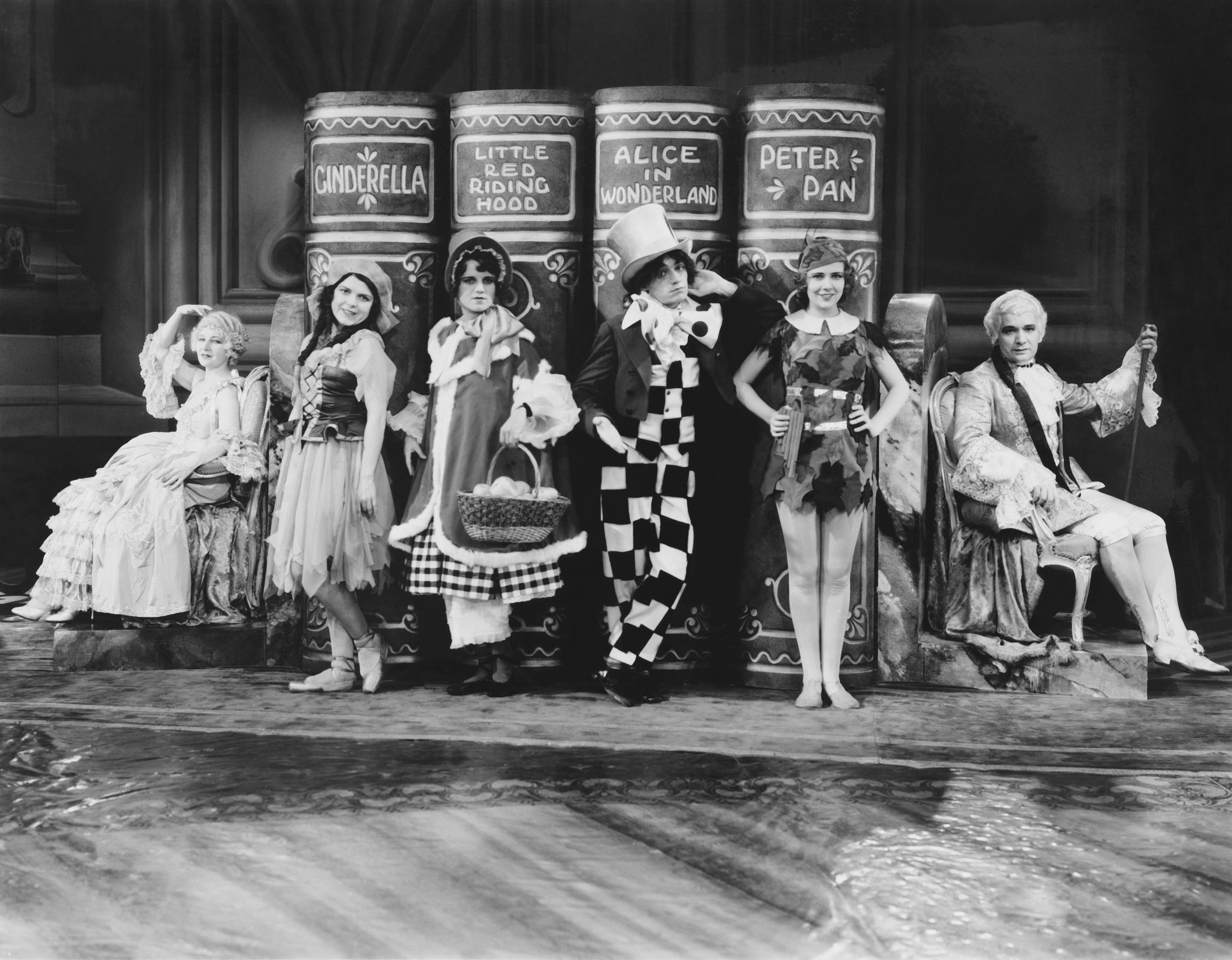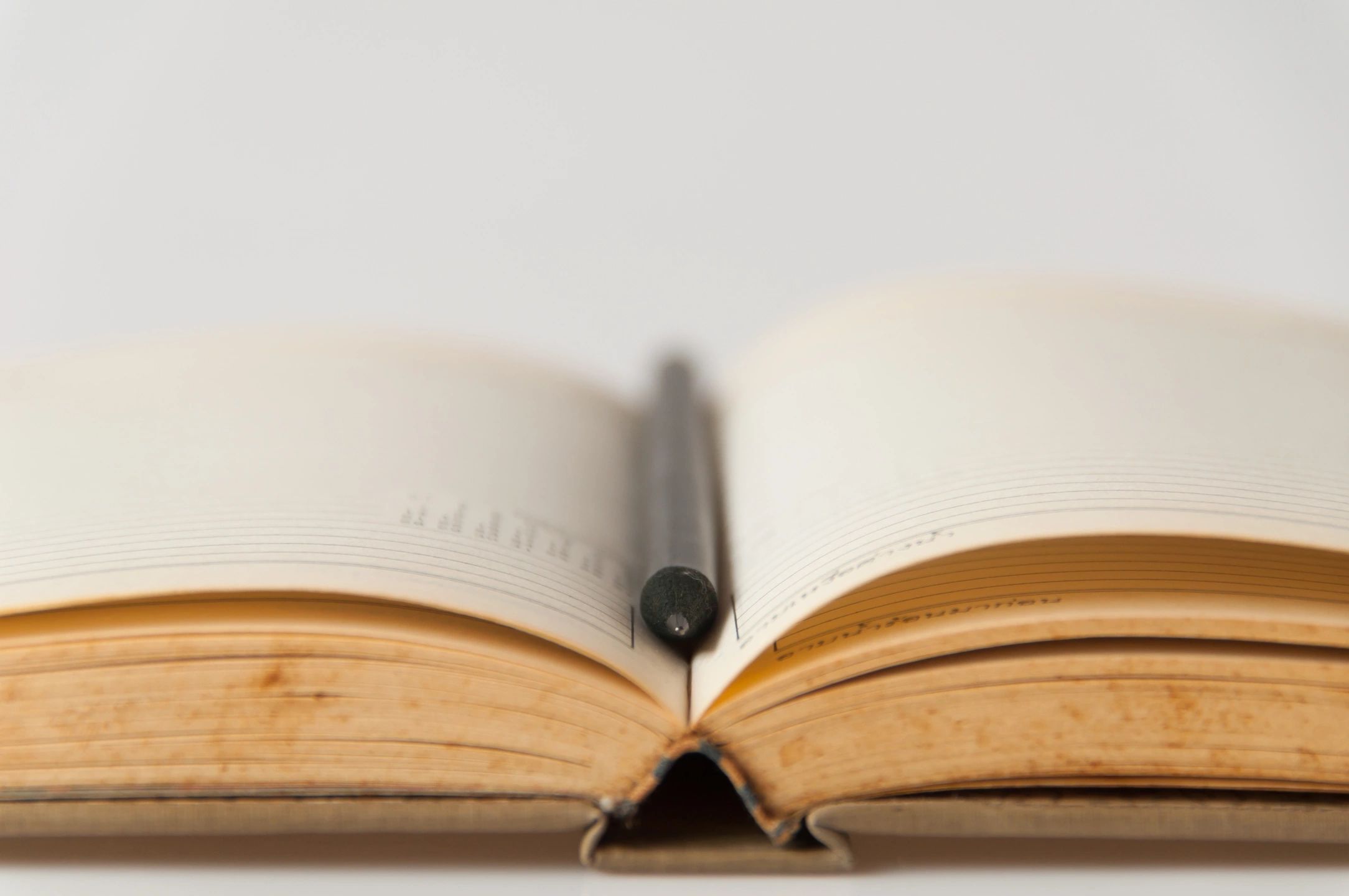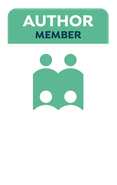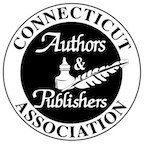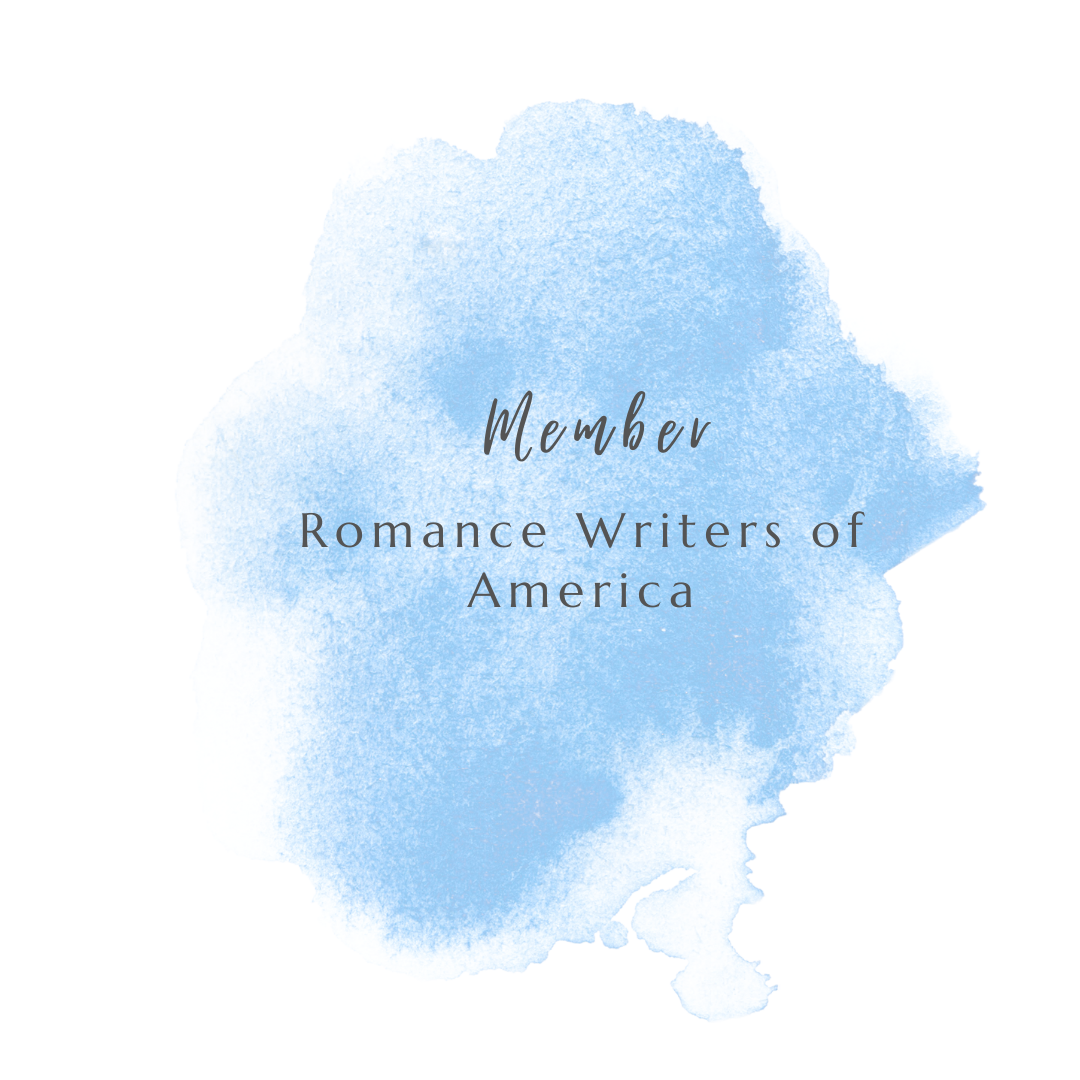It’s a fact. Writers love words. We carefully select and arrange them in order to tell a story. Truly, choice of words can make a difference between a novel that resonates with people and one that falls flat.
Over the course of my life, I’ve been enamored by a mispronunciation or adorable misuse. A child I once knew asked for “chockmage” when she wanted chocolate milk. A former foster kid said “sawt” for salt. My sister used to call fringe “fringles”. Speaking of fringe, my niece used to say “french benefits” instead of fringe benefits. My son (when he was much younger and probably will hate me writing this) referred to goosebumps as “freeze blisters”. A former client of mine used to tell people she had ESPN because she knew things. Another client told me she enjoyed “being in my near”—perhaps the sweetest way anyone has ever told me they liked me.
I’ve also fallen in love with words. Not because of their meaning, but because of how the person (typically a person I cared about) said them. My mom, an intelligent, intuitive woman, played with words. Sometimes literally. She’d make up word games to entertain us during long car rides. But she was also playful. “Absolutely positutely,” was a favorite saying. A caterer by trade, she loved desserts made with “nutneg.” She said she was “exhaustipated”, when she was tired down to her bones. By the way, she used that word DECADES before it landed in the Urban Dictionary.)
Some mispronunciations make me swoon. “Beso foda pop had fiz,” is a lyric Prince once sung. Yet another artist I adore sings “Kismas” and my heart melts. Crazy, right? Absolutely positutely.
What misuse or mispronunciations make you smile?
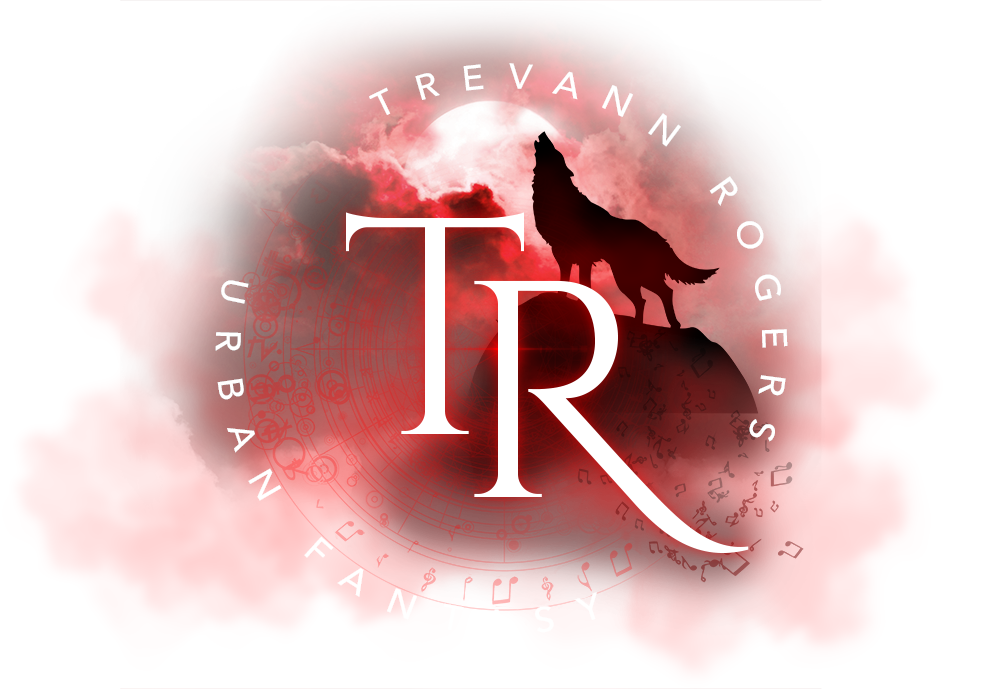


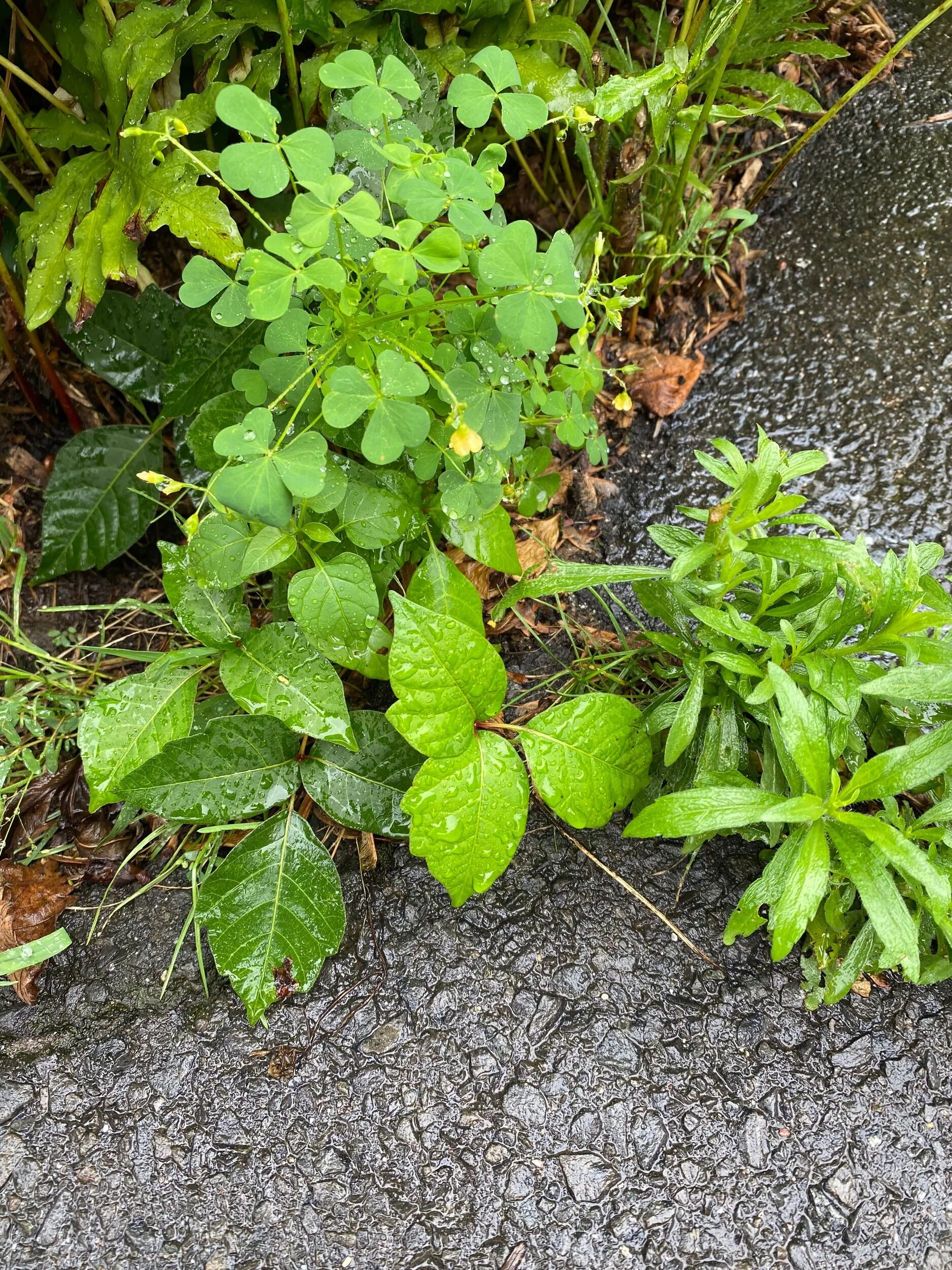

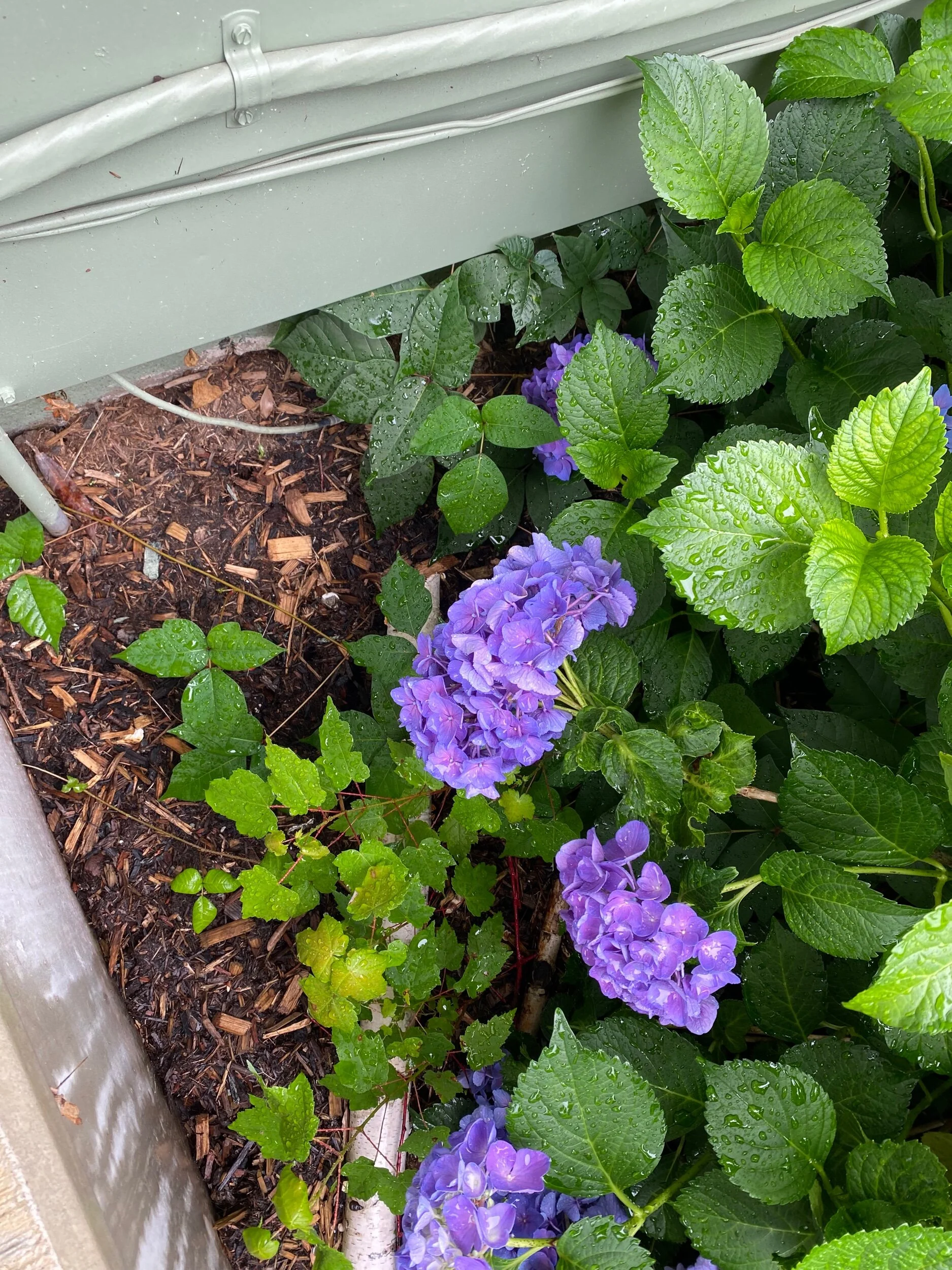







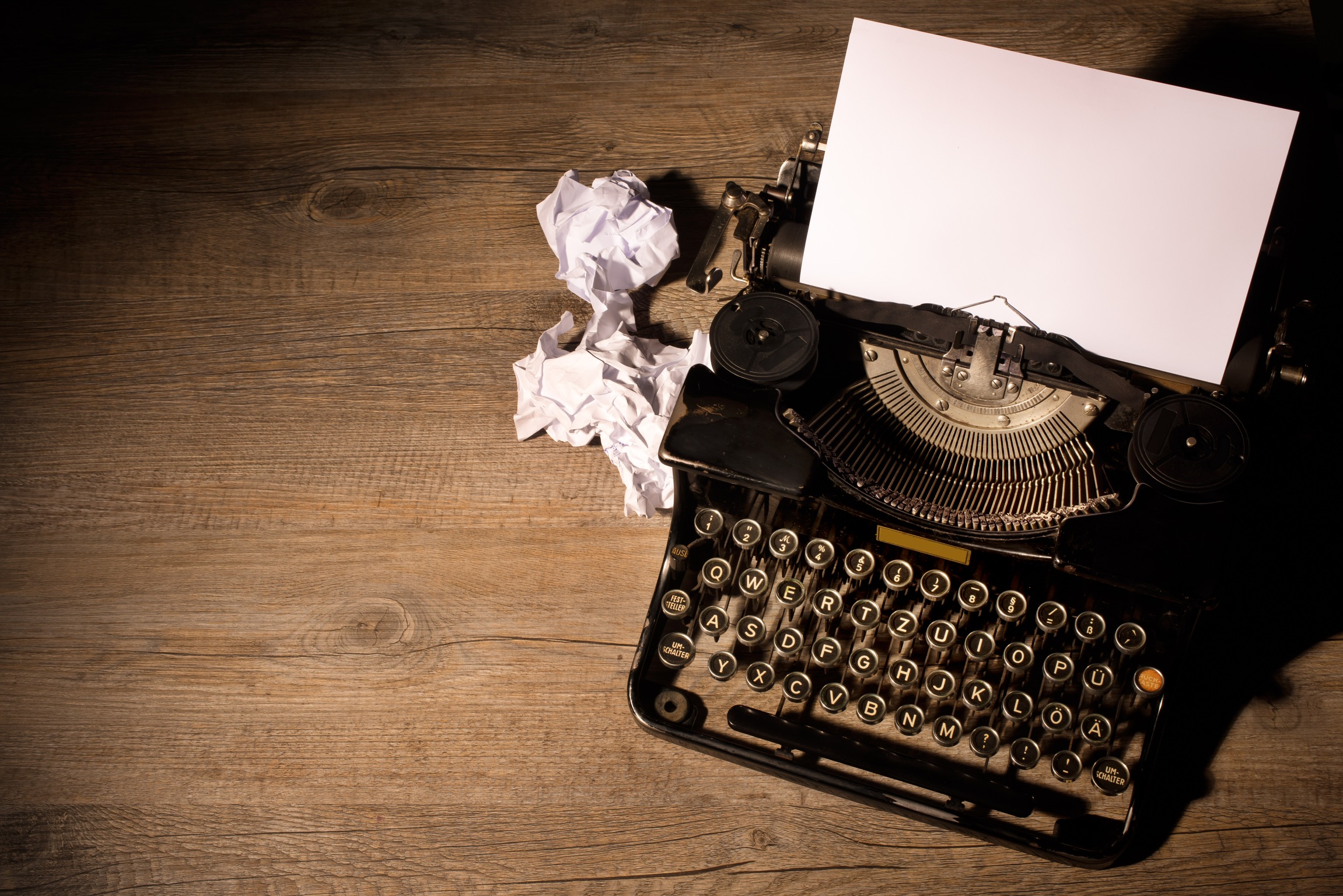 settled in my mind. I usually start with an actor who could play the character I have in mind. Being able to see real people makes their physical characteristics easier to describe.But after awhile I tended to mix them up with other characters in the book—or even another book. Sometimes I totally forget what I’ve written. My haphazard records didn’t ensure that my characters eye color or hair didn’t change from one page to the next.
In 2009, everything changed. I discovered a book called Break Into Fiction by Mary Buckham and Dianna Love. I worked through all the exercises and pulled all my notes together. I didn’t have to generate new information about my characters but this book gave me a record keeping system.
settled in my mind. I usually start with an actor who could play the character I have in mind. Being able to see real people makes their physical characteristics easier to describe.But after awhile I tended to mix them up with other characters in the book—or even another book. Sometimes I totally forget what I’ve written. My haphazard records didn’t ensure that my characters eye color or hair didn’t change from one page to the next.
In 2009, everything changed. I discovered a book called Break Into Fiction by Mary Buckham and Dianna Love. I worked through all the exercises and pulled all my notes together. I didn’t have to generate new information about my characters but this book gave me a record keeping system.